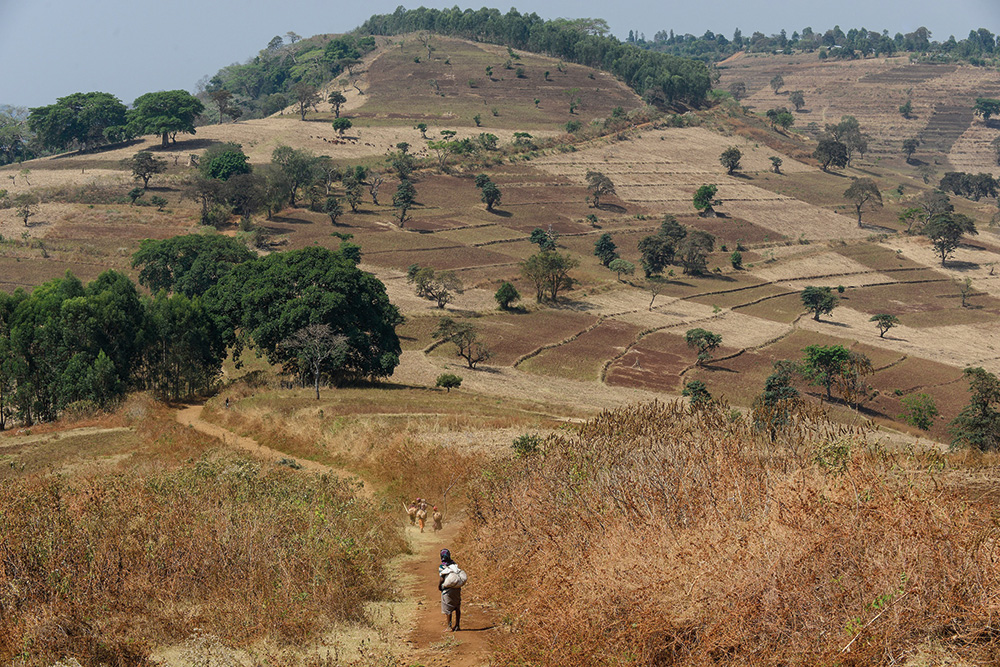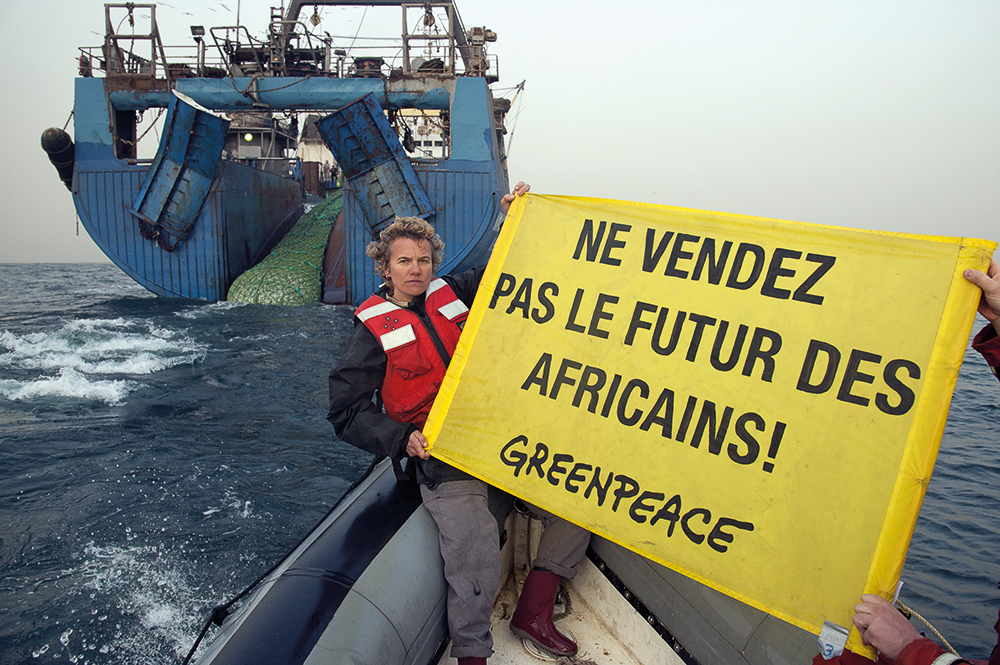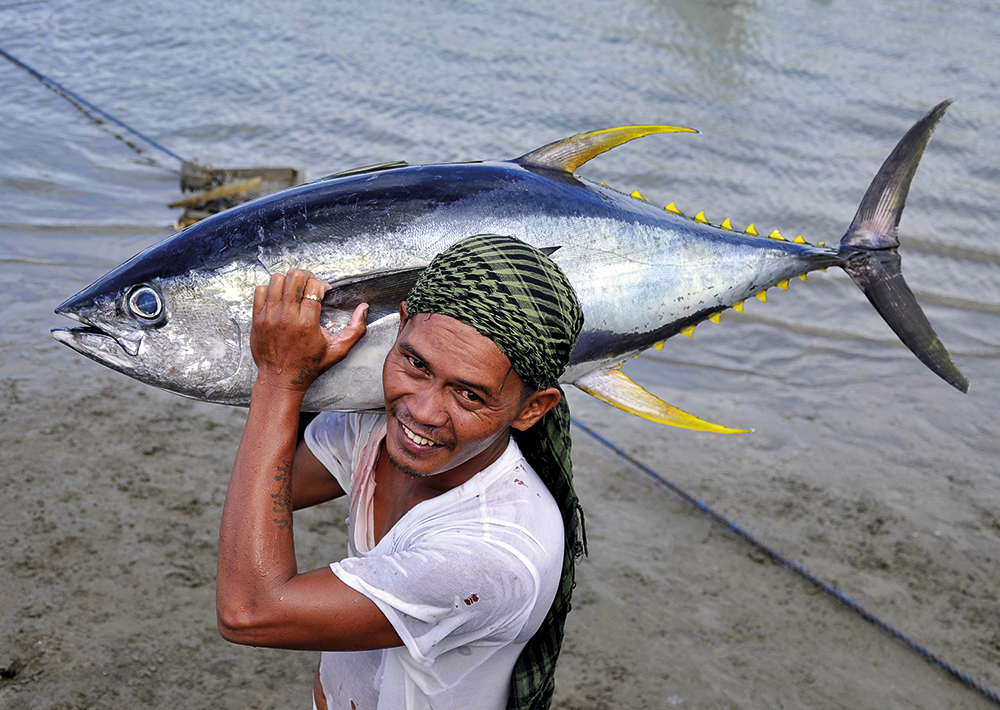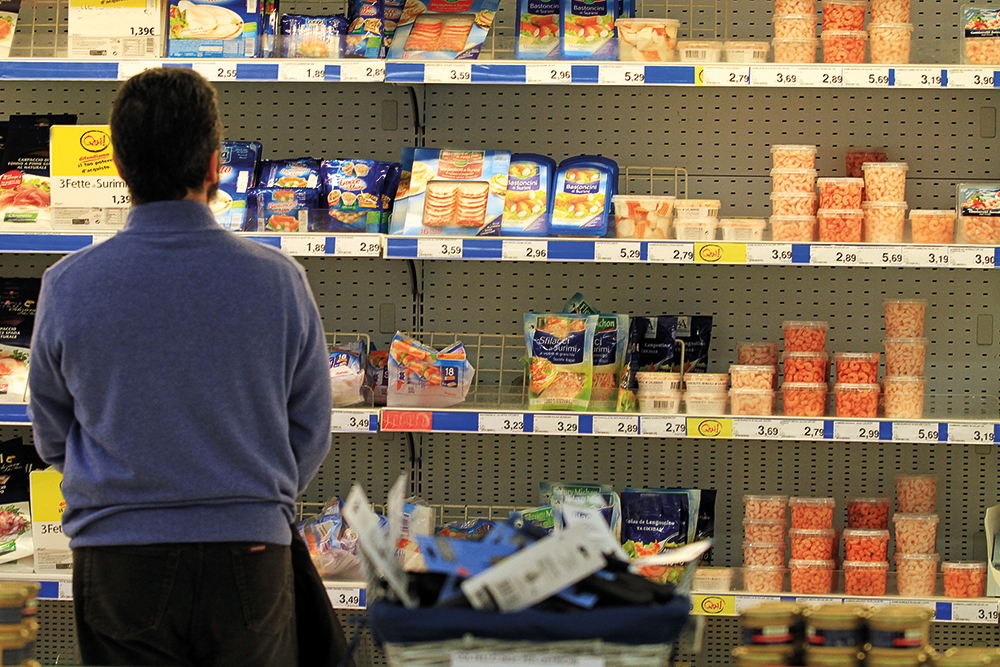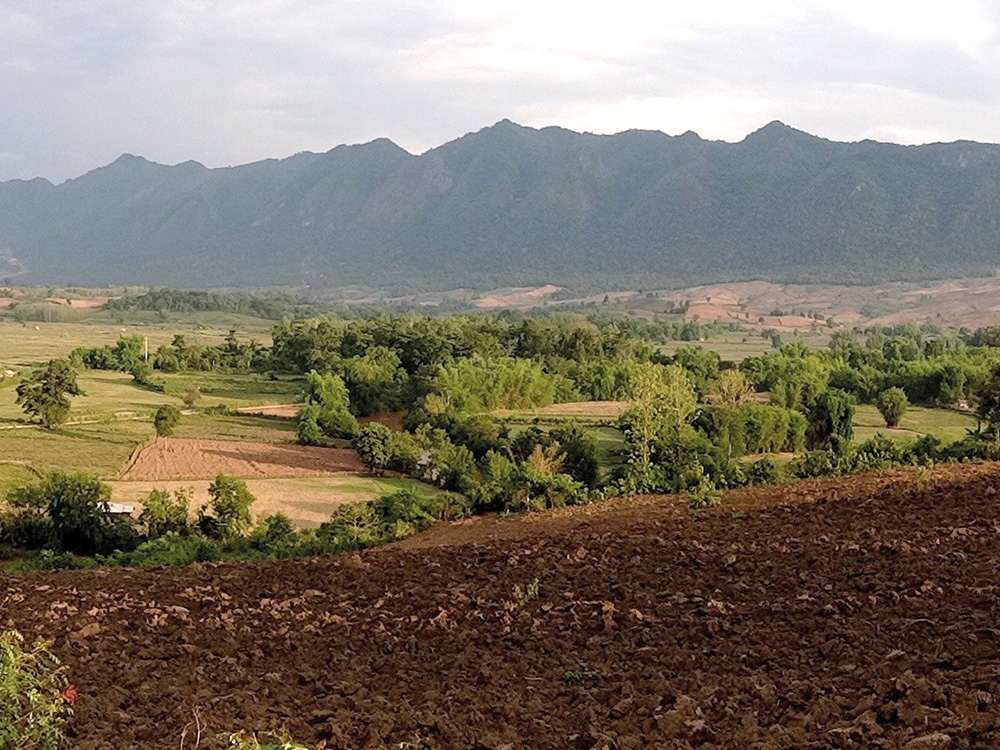Payments for soil carbon sequestration – “A good incentive for soil conservation”
Soil carbon is important for soil structure and related nutrient and water holding properties. Increasing soil carbon stocks results in improved crop growth and contributes to enhanced climate resilience. In addition, the increase in soil organic carbon through sustainable agricultural land management (SALM) practices, such as the use of cover crops, residue management and agroforestry, will also reduce the need for synthetic nitrogen fertiliser at a given level of crop production.



